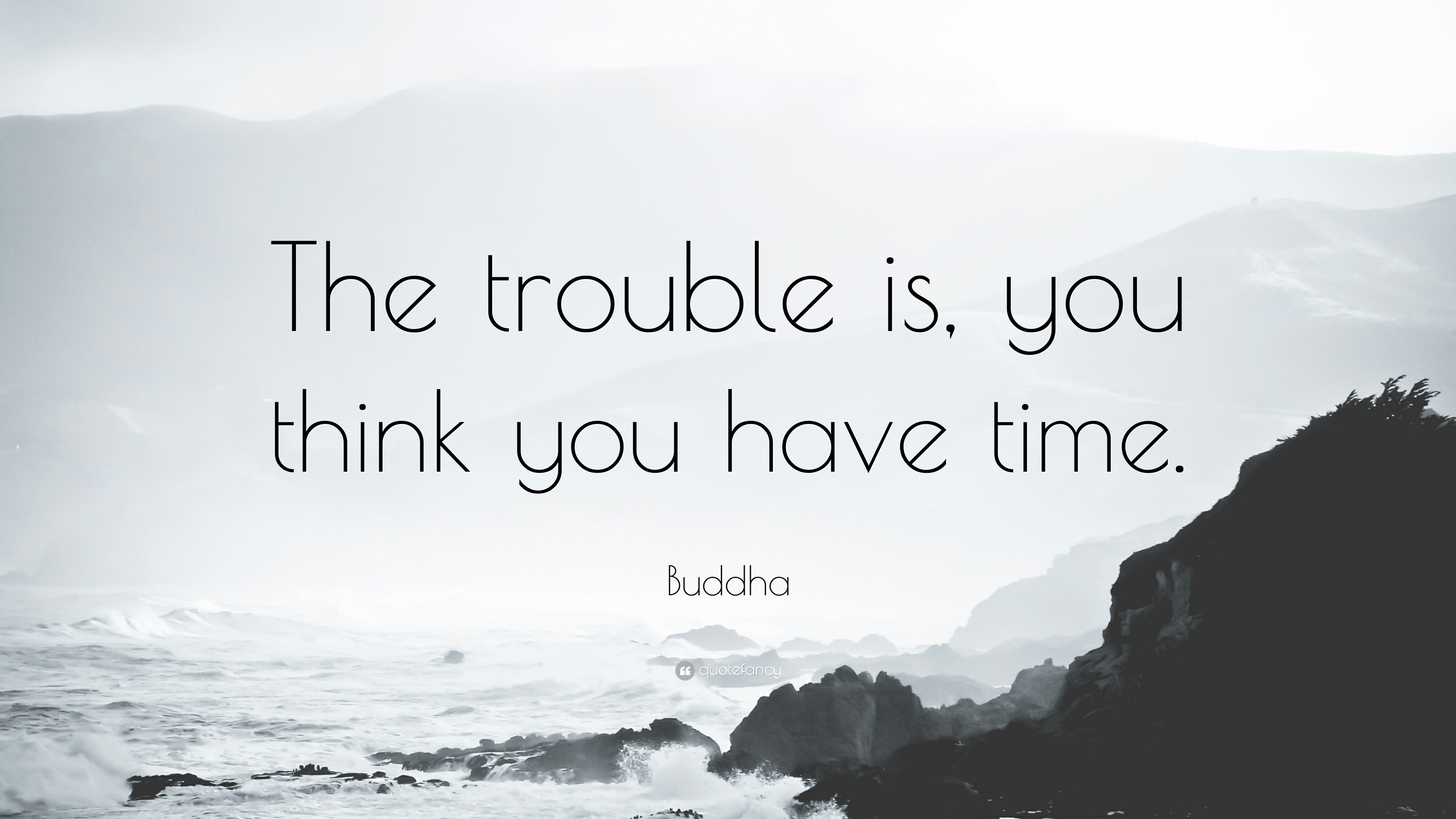Who is the competetor? I still don't know the answer.
...
If we had some specific usecases in mind why don't we simply build towards that instead of making something very generic. I remember working at Ericsson long way back. This was actually the reason their mobile division went belly up. Instead of focusing on making a product that simply worked they did a huge generic monster that never got ready or was good enough. And in the end no one wanted it since it was inferior in many ways.
I don't want us to do the same misstake!
The backstory is, Evan had these ideas of how to make dash "so easy your grandmother could use it". It was fueled by community members such as myself because that also was exactly my first thought on crypto in general. Evan mentioned usernames and savings accounts and actual physical branches you could walk into for help. MNOs would eventually run dedicated hardware and everything would be funded from the treasury, a money printing machine that would feed itself and keep growing into a monster money machine. Global domination.
After Evan left, DCG spent years scratching their head trying to build a foundation. They tried this several times, over the years abandoning and rebuilding. After a few years they decided what they wanted could be generalized resulting in the current stack that can not efficiently be run by just a few thousands nodes that the network already has in place.
The comparison with Ericsson is spot on. Ironically, Erlang, explicitly built (largely) by Ericsson to massively scale network programming. What can we say about competing programming languages that won market share despite their shortcomings?
One of the benefits cited for Platform is the result set proofs, that the returned data is actually complete. What is the killer app for this feature? I suspect the truth is, the growing toolsets for generalized ZKPs is fast outpacing what Platform is doing without the need for a very small federated network (HPMNs).
Not to mention the content filtering coming to Platform, required because data privacy was never considered essential.
The coming timeline looks something like this:
1. Establish 4K HPMNs.
2. Remove 1K MNs because 4K HPMNs do everything anyway.
3. Establish 10K HPMNs because that was always the magic number.
4. Move completely to Proof of Stake, HPMNs being the largest controlling share holders.
5. To get in bed with financial institutions, HPMNs will voluntarily filter Platform content and in the process overcompensate to please their masters.
6. Game over.

